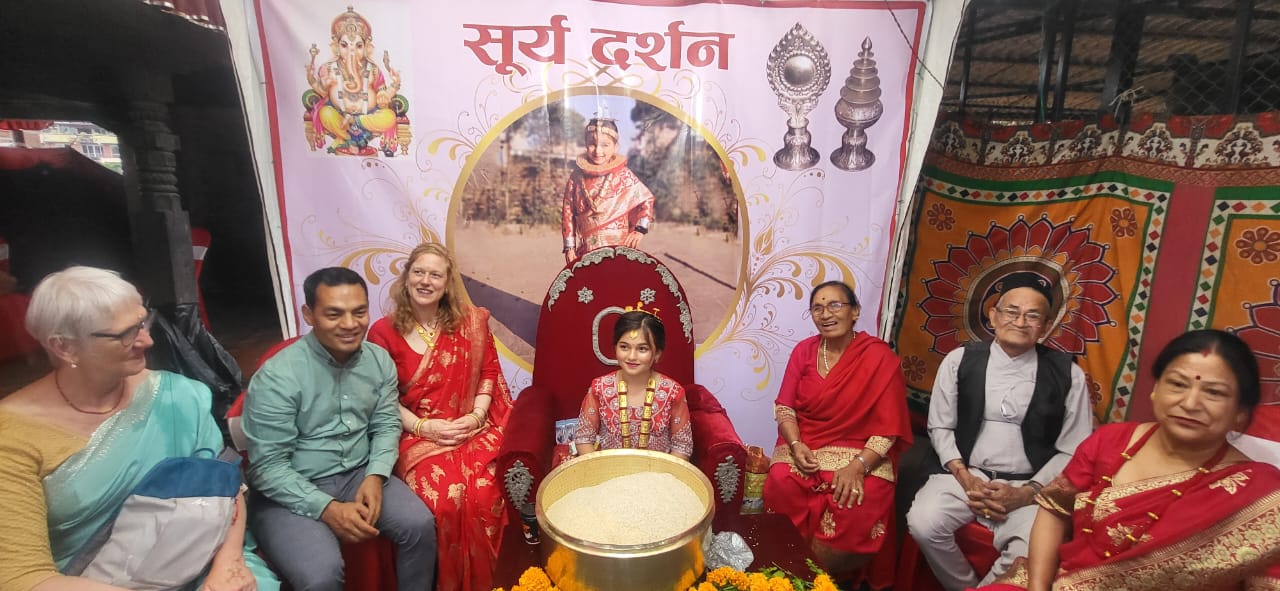To commemorate the tenth anniversary of the promulgation of Nepal’s Constitution, the government has formed a “Main Celebration Committee” under the leadership of the Prime Minister to mark the occasion with a three-day festival on September 18, 19 and 20, and has called upon the public to participate. Nepal’s Constitution, passed by the Constituent Assembly, was promulgated on September 20, 2015. It is natural for the government to show enthusiasm. After all, this Constitution was not gifted by anyone; it was passed by elected representatives through the sovereign authority of the Nepali people. For all citizens who value democracy, it remains a matter of pride and dignity. Yet the irony cannot be ignored. The very leaders who claim credit for drafting the Constitution and who have remained in power since its promulgation have not shown the same seriousness in implementing it as they did in crafting it. In fact, they themselves have repeatedly violated its provisions. If the Constitution has survived so far, it is largely because the Supreme Court has acted as its guardian. The lack of seriousness on the part of the government and political parties in terms of the implementation of the constitution is equally concerning. Even as the country prepares to celebrate a decade of constitution promulgation, the government is yet to enact crucial laws required to fully operationalise the federal system. Provincial governments have been rendered almost defunct due to the federal government’s failure to delegate authority. Our constitution was introduced with a promise to bring meaningful changes to people’s lives. But because those promises were not fulfilled, regressive forces have resurfaced. The revival of royalist forces—and their calls for the abolition of federalism—is a direct outcome of the failure of political parties to deliver.
Madan Puraskar felicitation ceremony held virtually

The Constitution is not immutable; it was always understood as a document that could be refined through amendment to reflect the people’s aspirations. However, successive governments have failed to engage with dissenting voices or to address structural shortcomings. Even the current KP Oli-led government, which came to power with the agenda of constitutional amendment, has done little of substance in this regard. Unless these fundamental issues are addressed, the celebrations will amount to nothing more than a hollow exercise. As preparations for Constitution Day proceed, the government’s legitimacy is itself under Supreme Court scrutiny. After the Nagarik Unmukti Party withdrew support, a writ petition argued that the Prime Minister failed to seek a mandatory vote of confidence under Article 100(2). The Court’s show-cause order has further cast doubt on the government. The government claims a vote is unnecessary since it still holds a majority. But Article 100(2) clearly states that if a coalition partner withdraws, the Prime Minister shall seek a vote of confidence within 30 days. Unlike Article 100(1), which says “may,” this is a binding provision. The Prime Minister should have complied before being pushed by judicial order. At the same time, the President returned the Constitutional Council bill for reconsideration, saying it undermined the spirit of the Constitution by legitimising unilateral decisions by the Prime Minister—just one of many ways the government has weakened constitutional principles.
To celebrate the Constitution while simultaneously undermining it is an act of hypocrisy. When the government itself violates the Constitution, it not only emboldens its opponents but also risks sowing confusion among citizens—some of whom may begin to doubt the document itself rather than those who fail to uphold it. Preserving public faith in the Constitution requires those in power to voluntarily and sincerely abide by its provisions. It is also worth recalling that the seven-point agreement between the Nepali Congress and CPN-UML at the time of forming the coalition government had promised to review the strengths, weaknesses, and challenges of the Constitution in practice and to introduce necessary amendments and laws to ensure stability. Ironically, that pledge too seems forgotten. Despite a decade since the Constitution’s promulgation, the federal system remains poorly implemented, with provincial governments sidelined due to lack of authority. Unmet promises of change have fuelled public frustration, leading to the resurgence of regressive forces calling for the abolition of federalism. If the upcoming Constitution Day celebrations are not to remain mere ritual, the government must act. Only then will the public feel that the leaders of Congress and UML are serious about delivering on their promises. Otherwise, the celebrations will ring hollow, and the Constitution itself will remain vulnerable to attack.





































